Preventing Pregnancy with Soda, Myth or Fact?

Many married couples wish to delay pregnancy and resort to various methods to prevent it. Common methods include the use of contraceptives such as condoms or birth control pills. One belief is that consuming soda can prevent pregnancy, and there is information circulating suggesting that soda can hinder fertilization, leading many to consume this beverage.
Is Soda Really Effective in Preventing Pregnancy?
Soda consumption can reduce the fertility levels in both men and women due to the artificial sweeteners it contains, which can affect health conditions. A study published in the Epidemiology journal suggests that food and drinks containing sugar can have adverse effects on fertility.
Moreover, drinks with artificial sweeteners can also cause a decrease in sperm quality in men and negatively impact women’s fertility by around 20%. Additionally, excessive consumption of carbonated drinks or soda can quickly lower fertility levels.
However, it’s important to understand that even if an egg is successfully fertilized by sperm, pregnancy can still occur, regardless of whether you and your partner consume soda or not. While soda does not directly prevent pregnancy, excessive consumption can affect fertility due to some of its contents.
Causes of Soda’s Impact on Fertility
Here are some reasons why soda can affect fertility:
Need Assistances? Ask for a call
1. High sugar content:
One of the reasons soda can impact fertility is its high sugar content. Consuming food or beverages with high sugar content not only affects fertility but can also cause health problems. Approximately 400 ml of soda contains about 54 ml of sugar, which is more than twice the daily sugar requirement. Additionally, soda contains aspartame, which is not good for health. The World Health Organization (WHO) states that excessive consumption of aspartame, commonly used as an artificial sweetener in food, beverages, toothpaste, and drugs, can potentially increase health risks, especially in children who consume sugary drinks beyond the recommended daily limit.
2. Hormonal disruption:
Increased sugar levels can impact hormone levels. A study conducted by the University of Utah indicates a correlation between soda consumption and elevated estrogen hormone levels. Higher estrogen levels can destabilize hormone levels in the blood, leading to instability in fertility. If you want to improve fertility levels, it’s essential to balance hormones.
3. Elevated blood sugar levels:
Excessive sugar consumption leads to elevated blood sugar levels. When a person consumes sugar, the body signals that a significant amount of sugar needs to be taken into the blood. This causes insulin to absorb all the sugar entering the body. Fluctuating blood sugar levels can cause discomfort and, over time, result in the overproduction of insulin by the body, leading to increased strain on organs, causing pain and fatigue.
4. Imbalanced caloric intake and nutrition:
Soda contains a high number of calories but lacks additional nutrients. Consuming soda adds calories to the body without providing other necessary nutrients like protein, vitamins, minerals, etc. The excess calories without essential nutrients can lead to weight gain, obesity, and other health problems.
If you and your partner want to delay or prevent pregnancy, it is best to use scientifically proven contraceptive methods such as condoms, birth control pills, injections, or other forms of contraceptives. It’s important to note that soda consumption does not directly prevent pregnancy. If you want to prevent pregnancy, consider consulting with a doctor for appropriate guidance.
Ask Mincah
References:
- Hatch, E.E., et al. (2019). Intake of Sugar-sweetened Beverages and Fecundability in a North American Preconception Cohort. Epidemiology. 2018 May; 29(3): 369–378.
- World Health Organization. Aspartame hazard and risk assessment results released.
- Cecchio, G.N., et al. (2018). The role of mitochondrial activity in female fertility and assisted reproductive technologies: overview and current insights. Reprod Biomed Online. 2018 Jun;36(6):686-697.



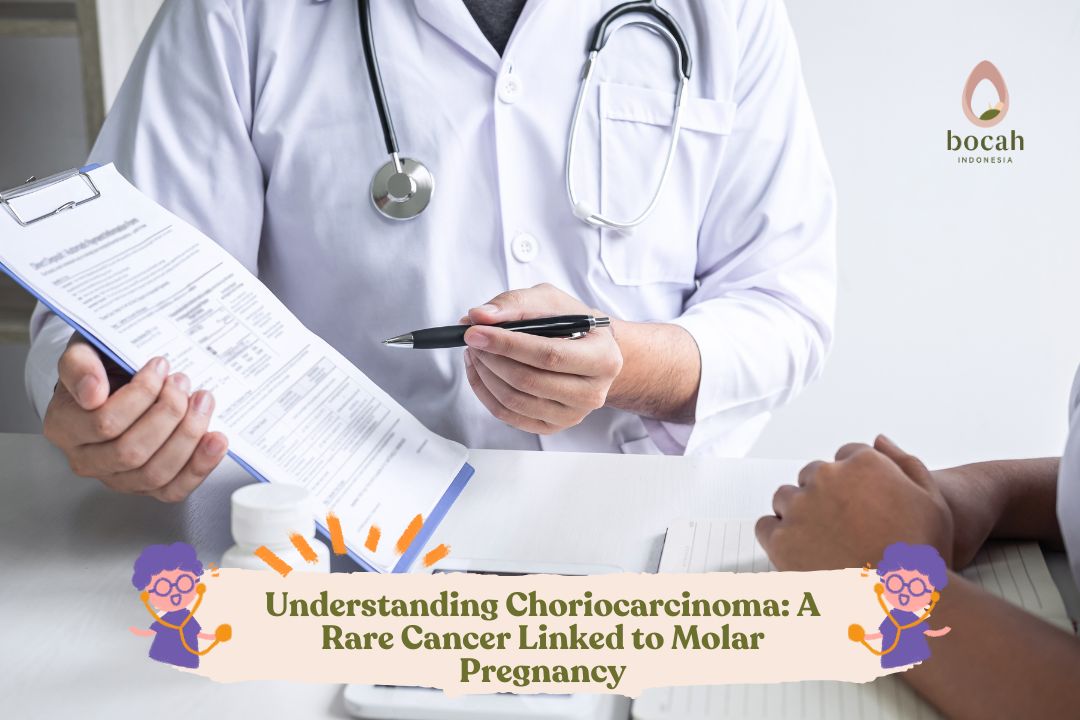
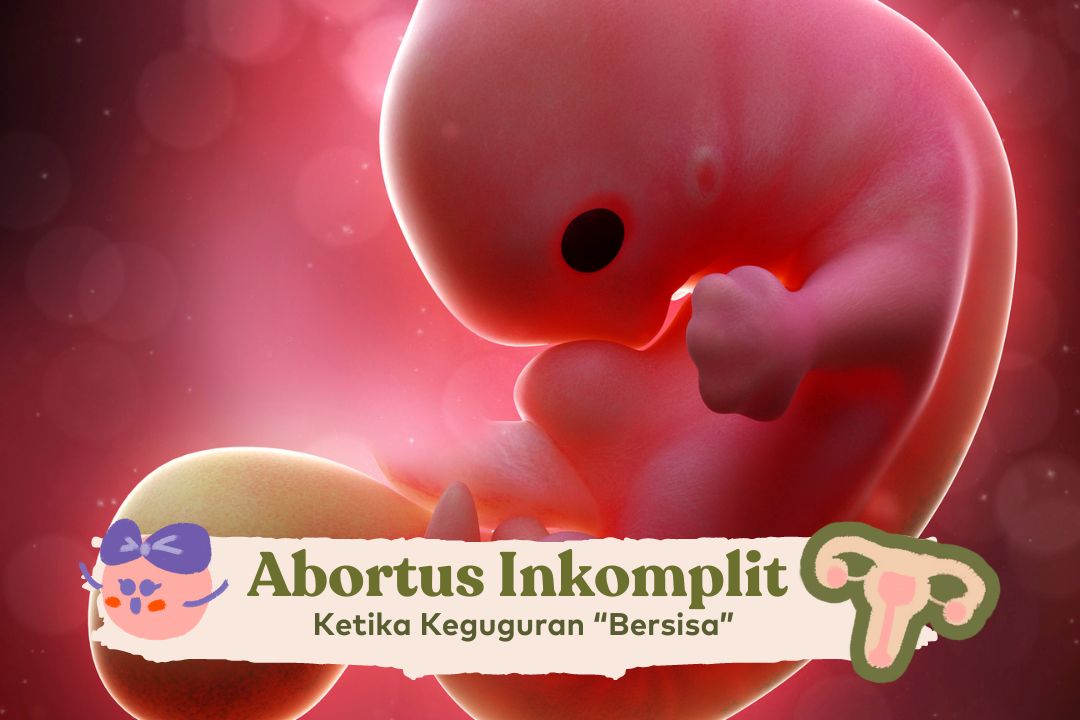

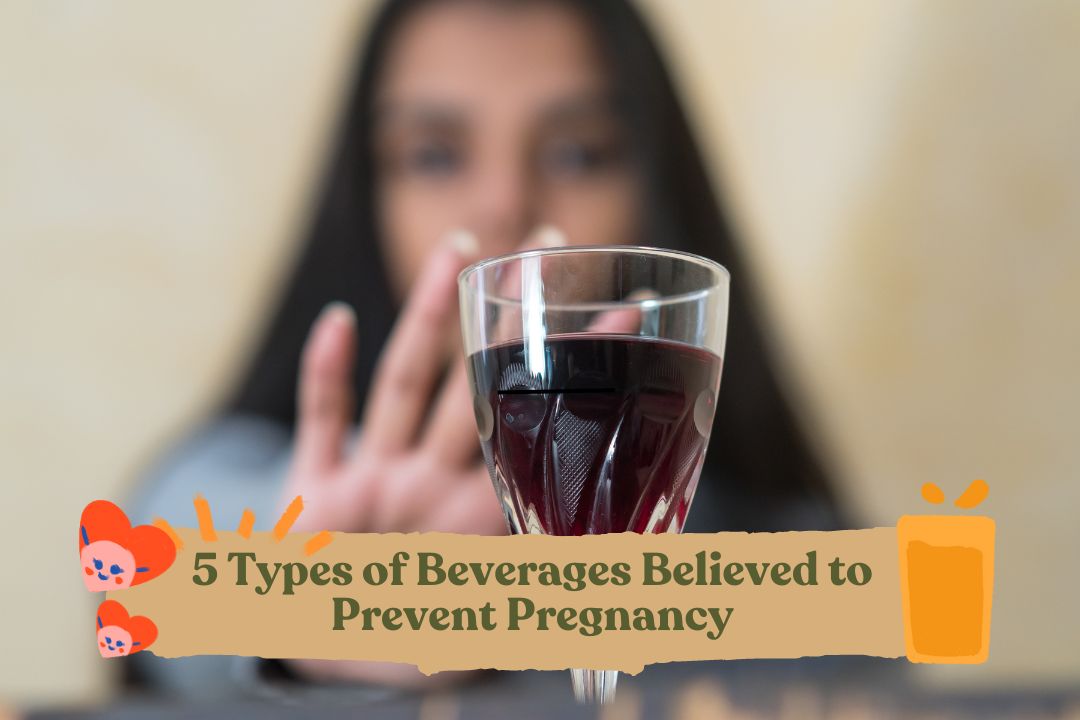
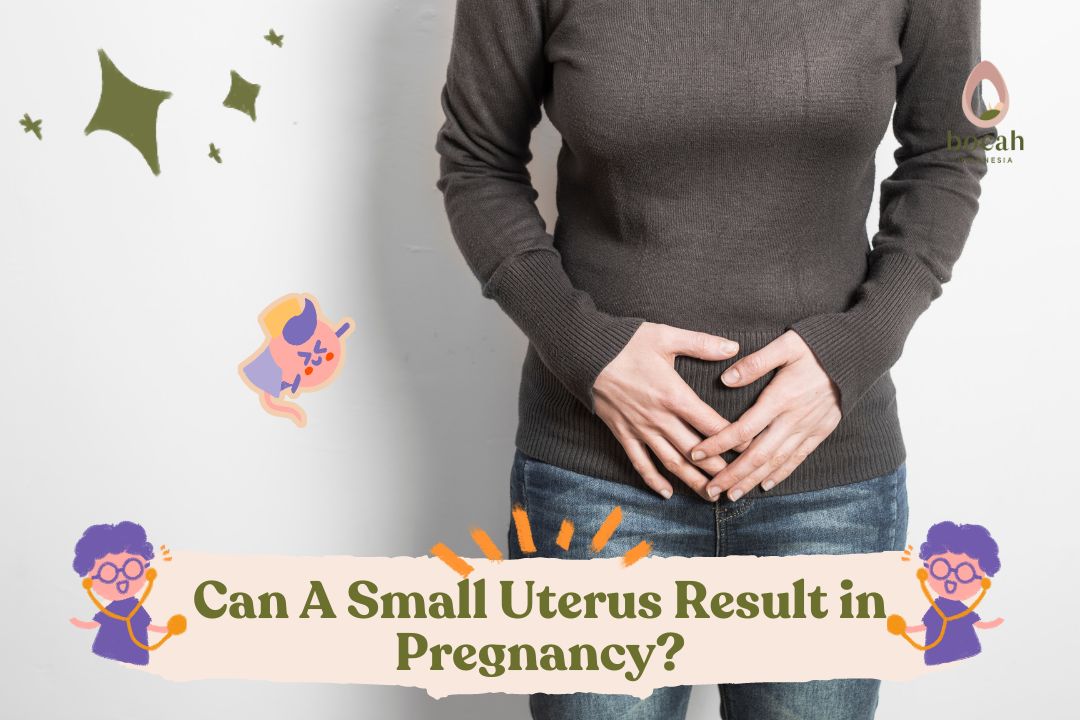
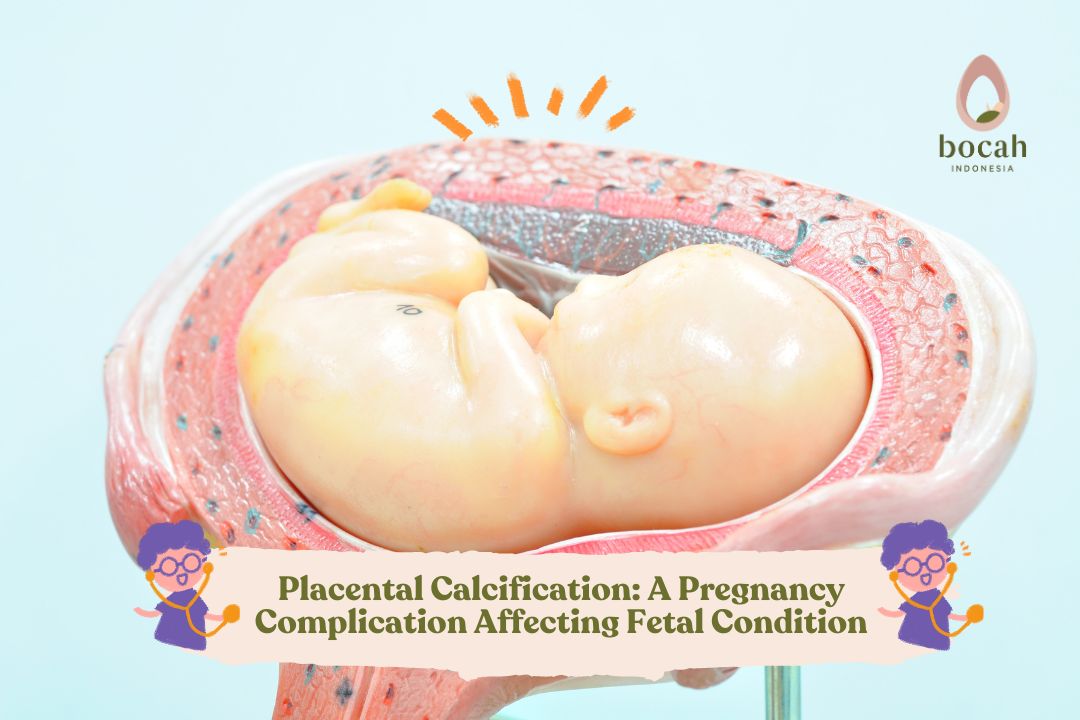


One Response
Thanks